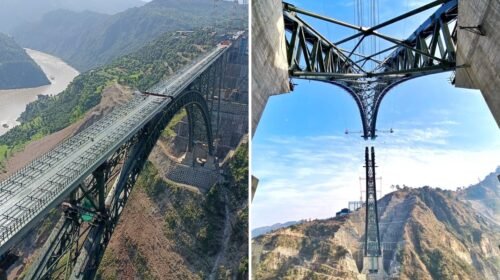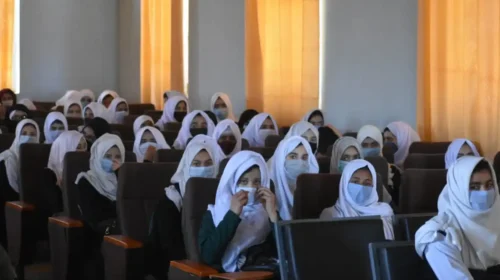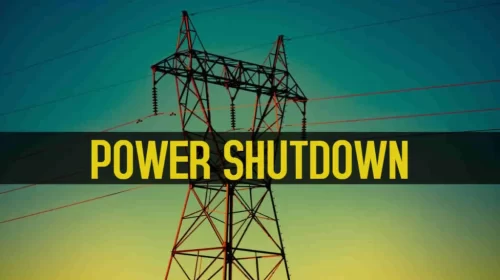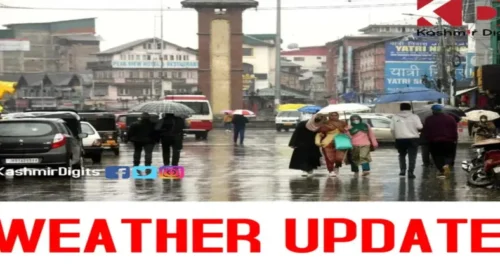According to a paper from Georgetown University, a possible agreement on Kashmir issue never materialized due to political crisis in Islamabad during 2007.
The paper is provided by Jawaharlal Nehru University associate professor Happymon Jacob. The paper is based on interviews with Indian and Pakistani officials who were involved in the backchannel negotiations over Kashmir.
It also contains aspects detailing the efforts of then Pakistan ruler Pervez Musharraf and Prime Minister Atal Bihari Vajpayee and Manmohan Singh.
Riaz Mohammad Khan, who was Pakistan’s foreign secretary during 2005-08, said the Indian side gave the last draft in early March 2007, which was “close to what might have become the final document” if negotiations hadn’t come to a halt.
What happened in Pakistan at that time?
On March 9, 2007, General Musharraf suspended Pakistan’s then chief justice, Iftikhar Muhammad Chaudhry. This unconstitutional step triggered massive protests in Pakistan. Musharraf saw his position weaken in wake of nationwide protests.
Following elections the next year, Musharraf was pressured by political parties to quit as president in August 2008.
A possible agreement to the Kashmir issue.
The paper title is “The Kashmir Back Channel: India-Pakistan Negotiations on Kashmir from 2004 to 2007. It reveals secret negotiations between the two sides for the proposed agreement on Kashmir that involved what came to be known as the “four-point formula”.
In January 2004, Musharraf had a “quiet discussion” with Tariq Aziz, who later became Pakistan’s point person for negotiations with India, and India’s then-national security adviser Brajesh Mishra that kick-started talks on how to move forward on the Kashmir issue.
In 2004, Vajpayee’s reign was over after defeat in the general election. However, the “dedicated Kashmir back channel itself effectively began only in late 2004. This was after the Manmohan Singh government took office in New Delhi in May 2004”, according to the paper.
The four-point formula.
Satinder Lambah, who served as Manmohan Singh’s special envoy for Kashmir, has said the proposed agreement was based on a four-point formula. The four points were:
1. Demilitarisation or phased withdrawal of troops
2. There will be no change of borders of Kashmir. However, people of Jammu & Kashmir will be allowed to move freely across the Line of Control (LoC).
3. Self-governance without independence
4. A joint supervision mechanism in Jammu and Kashmir involving India, Pakistan, and Kashmir.
Pakistani and Indian officials are divided on whether a draft agreement was in place by early 2007. Pakistan’s former foreign minister Khurshid Kasuri believes the draft was ready, with Kasuri even contending it was “ready for signature”.
But former Indian national security adviser MK Narayanan said this was not a “formal diplomatic agreement of any kind”, and at most, it “must have been a discussion paper, exchange of which is routine in diplomatic negotiations before a final deal is reached”.
According to the paper, barring a few considerations from both sides, an agreement was ready to be finalized. Once signed, the deal was designed to be in force for 15 to 20 years, after which the two sides would revisit it.












